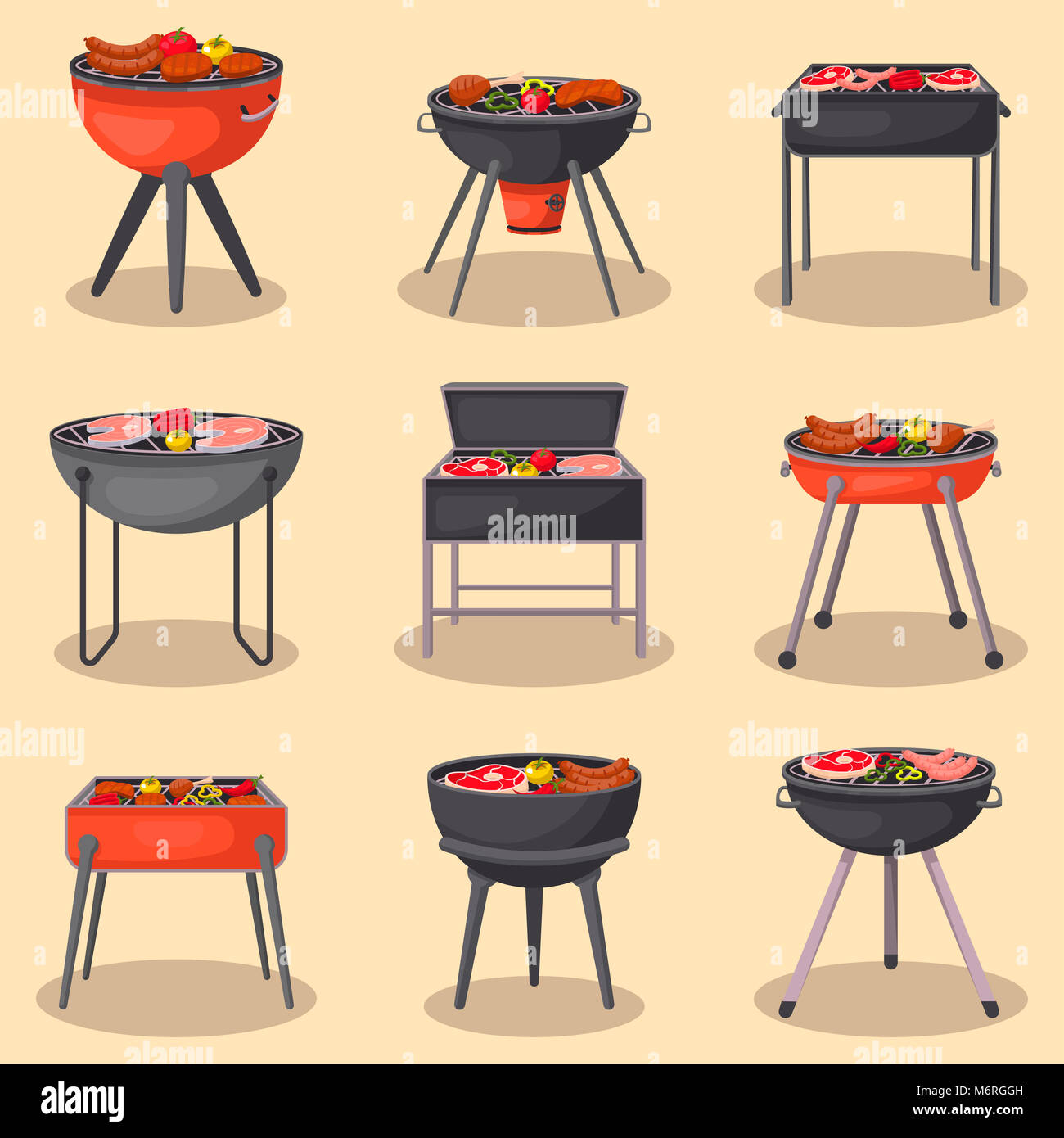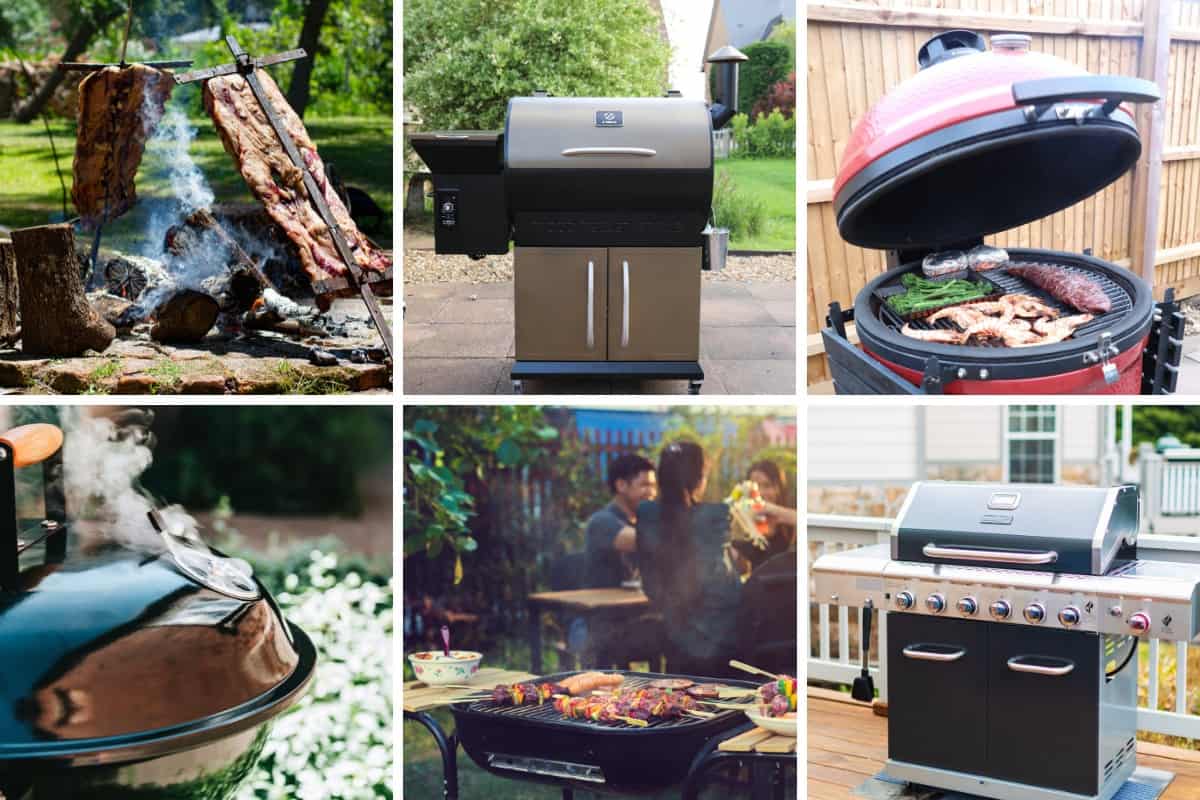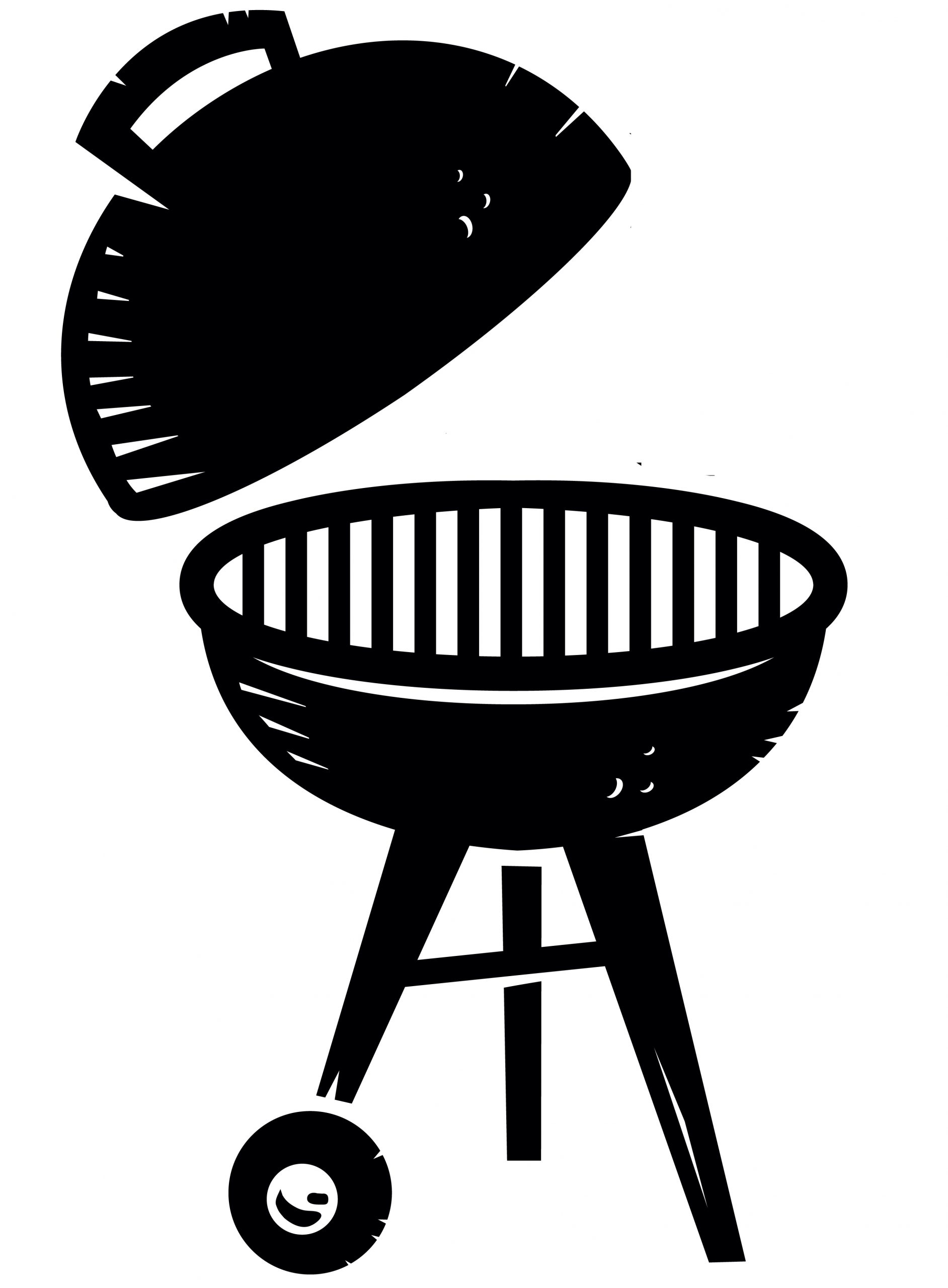When it comes to outdoor cooking, selecting the perfect grill can significantly enhance your culinary adventures. With several grill types to choose from, understanding their features, benefits, and limitations ensures you pick one that matches your cooking style and needs. Let’s delve into the most popular types of grills and what makes each stand out.
Charcoal Grills: Timeless Flavor and High Heat
Charcoal grills are celebrated for their authentic smoky flavor, making them a favorite among traditional grill enthusiasts. Fueled by briquettes or lump charcoal, they deliver intense heat, perfect for searing meats and achieving that classic grilled taste.
Advantages:
- Authentic Flavor: Provides a unique smoky taste that is hard to replicate.
- High Heat Performance: Reaches elevated temperatures for expert-level searing.
- Portable and Compact: Easy to transport, making it ideal for outdoor adventures.
- Budget-Friendly: Generally more affordable compared to other grill types.
Limitations:
- Longer Preheat Time: Takes 20-40 minutes to heat up, prolonging cooking time.
- Messy Cleanup: Requires handling ash and used charcoal.
- Challenging Temperature Control: Precision heat adjustment can be tricky.
Gas Grills: Convenience and Efficiency
Powered by propane or natural gas, gas grills offer quick ignition and temperature control. These features make them a popular choice for hassle-free outdoor cooking.
Advantages:
- Instant Ignition: Starts quickly, perfect for spontaneous grilling sessions.
- Temperature Control: Knobs allow precise adjustments for consistent cooking.
- Low Maintenance: Produces less ash and smoke, easing cleanup.
- Versatility: Often equipped with add-ons like side burners and rotisseries.
Limitations:
- Flavor Limitations: Lacks the smoky taste associated with charcoal grills.
- Higher Initial Cost: More expensive than charcoal grills, particularly natural gas models.
- Fuel Dependency: Requires propane tanks or a natural gas line, reducing portability.

Electric Grills: Ideal for Indoors and Limited Spaces
Electric grills are a convenient solution for urban dwellers or those with fire restrictions. Powered by a heating element, they are versatile and easy to use in various environments.
Advantages:
- Simple Operation: Plug-and-play functionality eliminates the need for fuel.
- Indoor and Outdoor Use: Suitable for year-round cooking in small spaces.
- Compact Design: Fits neatly on balconies, patios, or even kitchen counters.
Limitations:
- Reduced Flavor Profile: Doesn’t produce the smoky taste of charcoal or gas grills.
- Limited Heat Levels: Cannot achieve the high temperatures needed for effective searing.
- Dependence on Electricity: Requires an outlet, limiting mobility.
Pellet Grills: Combining Flavor with Precision
Pellet grills use wood pellets for fuel and feature advanced digital controls, providing consistent heat and a distinctive wood-fired flavor. They’re a versatile option for grilling, smoking, and even baking.
Advantages:
- Unique Wood-Fired Flavor: Infuses food with a rich, smoky taste.
- Temperature Precision: Digital controls allow for precise heat management.
- Multifunctionality: Functions as a grill, smoker, and oven.
Limitations:
- Costly Investment: Often more expensive than other grill types.
- Electric Power Needed: Requires electricity for the pellet feeder and control panel.
- Maintenance Demands: Regular cleaning of the pellet hopper and auger is necessary.

Kamado Grills: Superior Heat Retention and Versatility
Kamado grills, constructed from ceramic, excel at retaining heat and providing even cooking. They’re highly versatile, capable of grilling, smoking, and baking with efficiency.
Advantages:
- Exceptional Heat Retention: Ceramic walls ensure consistent temperatures.
- Fuel Efficiency: Consumes less charcoal due to excellent insulation.
- Wide Temperature Range: Ideal for various cooking techniques, from low-and-slow smoking to high-heat grilling.
- Durable Build: Built to last with robust ceramic construction.
Limitations:
- High Price Point: More expensive than standard charcoal grills.
- Heavy and Less Portable: Ceramic materials make them challenging to move.
- Learning Curve: Temperature control may take some practice to master.
Portable Grills: Grilling on the Go
Portable grills are compact and lightweight, making them perfect for camping trips, tailgating, and other outdoor adventures. Available in charcoal, gas, and electric models, they cater to diverse grilling preferences.
Advantages:
- Travel-Friendly: Designed for easy transport.
- Variety of Fuel Options: Charcoal, gas, and electric models available.
- Affordable: Often less expensive than full-sized grills.
Limitations:
- Limited Cooking Capacity: Smaller size restricts the amount of food that can be cooked at once.
- Heat Control Issues: May lack advanced temperature adjustment features.
Choosing the Right Grill
Finding the perfect grill depends on your cooking preferences, available space, and lifestyle. Here's a quick summary to help you decide:
- Charcoal Grills: Best for smoky flavor enthusiasts.
- Gas Grills: Ideal for quick and versatile cooking.
- Electric Grills: Perfect for indoor use and areas with restrictions.
- Pellet Grills: Great for wood-fired flavor and precision cooking.
- Kamado Grills: Excellent for versatile, high-heat cooking.
- Portable Grills: Perfect for grilling on the go.
Conclusion
Each grill type brings distinct advantages, tailored to different cooking styles and needs. Whether you prioritize the traditional smoky taste of charcoal, the convenience of gas, or the precision of pellet grills, understanding the unique benefits of each option will guide you toward the perfect choice. Select a grill that aligns with your lifestyle and culinary ambitions, ensuring every cookout is an unforgettable experience.
